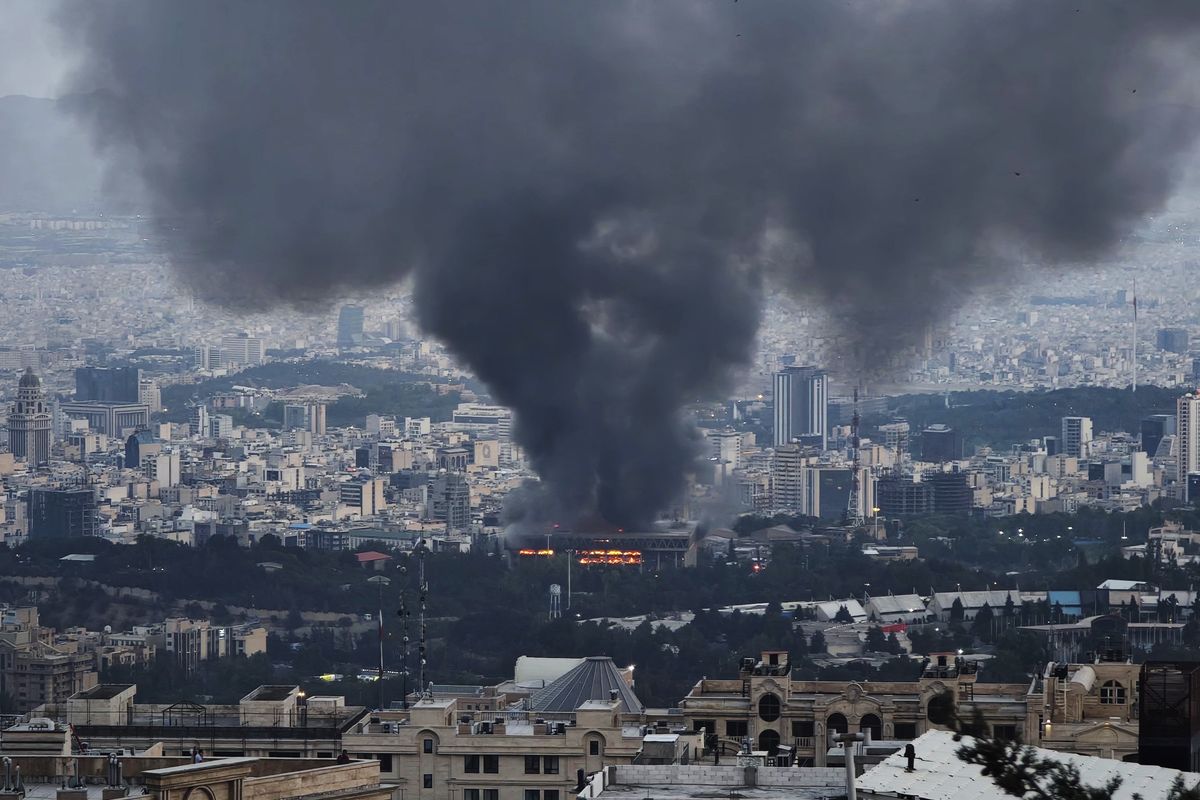It’s one of, if not the most, dangerous border in the world. Nuclear-armed powers, India and Pakistan, have a history of strained relations since their independence from Great Britain in 1947, fighting three wars and regularly exchanging fire across their heavily militarized border.
Two of the wars were over their competing claims to the Kashmir region. Islamabad and New Delhi agreed to a ceasefire along that border in 2003, but cross-border skirmishes have persisted. This summer, nine civilians were killed after gunfire was exchanged between security forces. Cross-border firing continued to escalate until the heads of India’s Border Security Force and the Pakistani Rangers met in September and agreed, “not to immediately retaliate against firing from either side and to contact the other side to know the cause of firing," according to an Indian interior ministry official.
Both nations claim Kashmir in its entirety. The de facto border separating the Indian and the Pakistani controlled sections of Kashmir is not internationally recognized and is referred to as the ‘Line of Control’ following a military ceasefire signed by the two nations in 1972.
There had been high hopes that relations between the neighbors would improve after Indian Prime Minister Narenda Modi invited Pakistan Prime Minister Nawaz Sharif to his May 2014 inaugural. But those hopes faded three months later when Modi canceled a planned meeting between the foreign secretaries after the Pakistani Ambassador to New Delhi met with a Kashmiri separatist. Since that time, the two leaders have had limited contact, meeting on the sidelines of international gatherings and holding several phone conversations.
India’s greatest concern is of potential terrorists crossing from Pakistan into India. India has condemned Pakistan’s decision to release from jail the accused mastermind of the 2008 Mumbai terrorist attack that left 166 people dead and scores injured. Pakistani based militants were implicated in the attacks.
Pakistan refuses to engage with India unless Kashmir is on the agenda.
This year, President Barack Obama visited Modi in India and met with Sharif in Washington. The United States plays an important and strategic role in balancing these two nations. Although the U.S. advocates dialogue between the two nuclear-armed neighbors, it refrains from direct involvement.
In a joint statement between President Obama and Prime Minister Sharif last month, the leaders “emphasized the importance of a sustained and resilient dialogue process between the two neighbors aimed at resolving all outstanding territorial and other disputes, including Kashmir, through peaceful means and working together to address mutual concerns of India and Pakistan regarding terrorism.”
Modi has accepted an invitation from Sharif to visit Islamabad next year.
Alexandra Viers is an International Producer at The Cipher Brief.













